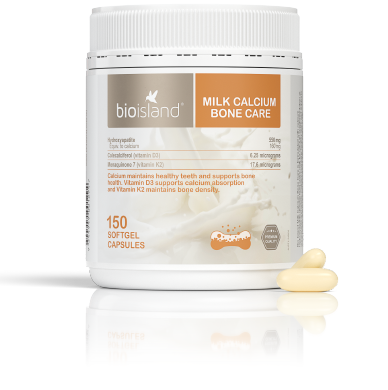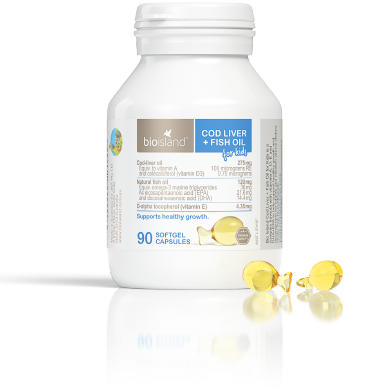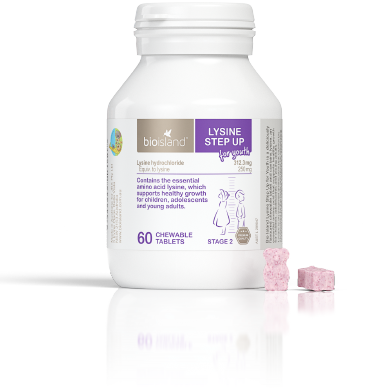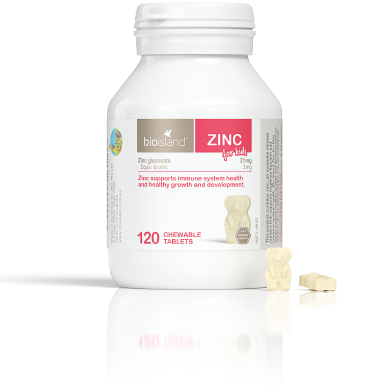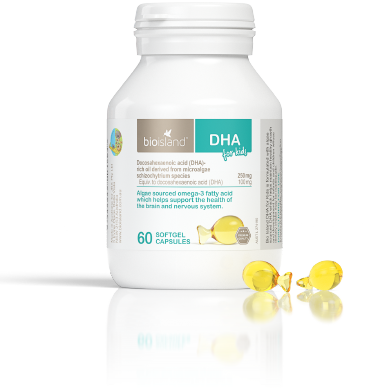
Interesting ways you may not have known your gut and brain are linked
Our gastrointestinal tract is extremely sensitive to emotions and other reactions in our bodies.
By Bio Island Nutrition Team
Everything in our bodies is connected in some way, whether it is by muscles, nerves or mechanism responses. Our body is constantly talking and sending messages to every inch and sometimes these messages cause reactions we may want or not want. Our brain is the epicenter for all messages and when it comes to our gut, they are closer linked then you may realise.
Ever had that butterfly feeling or said “your gut instinct” or even noticed how when you are sometimes overcome by certain feelings your stomach may react a particular way to the emotions you are experiencing? That is because our gastrointestinal tract is extremely sensitive to emotions and other reactions in our bodies.
“Gut-brain Axis” is the term used for the communication network that connects the two organs. They are connected physically and biochemically. There are over 100 billion neurons in your brain that are constantly sending out messages to tell your body how to act and then your gut has its own 500 million neurons which are communicating back to your brain. The largest nerve connected to these organs is the vagus nerve and it sends communication in both directions constantly. Studies indicate that the vagus nerve is responsible for the connection with stress symptoms.
Neurotransmitters are another way the brain and gut are connected. The brain produces neurotransmitters that create feelings and emotions. One in particular is serotonin which effects our feelings of happiness and our body clock. But many of our neurotransmitters are produced in our gut cells and the millions and millions of microbes within the gut. Our gut microbes produce a neurotransmitter called gamma-aminobutyric or GABA for short. GABA controls our feelings of fear and anxiety.
Nutrition’s Role:
Nutrition as we know plays a role in everything our bodies do and how our body’s function. Below are some foods that play a role in our gut-brain axis and keeping it healthy.
- Omega-3’s: one of the most talked about nutrients, omega-3 fatty acids play a role in not only helping keep your brain healthy and functioning, but also help reduce inflammation and studies have shown it can help support good bacteria in the gut.
- Fermented Foods: An emerging topic in relation to the gut-brain axis with studies showing that fermented foods help create and modify the gut microbiota, which therefore alter the communication when linked to depression and anxiety.
- Tryptophan rich foods: is an essential amino acid responsible for helping create niacin and creating the neurotransmitter serotonin. Foods that contain tryptophan include salmon, spinach, nuts, milk and eggs to name a few.
- Fiber: eating foods high in fiber have been shown to promote good bacteria in the gut and then therefore help the brain function correctly and especially with cognitive functions.
Making sure to eat a healthy balance diet is key to keeping your gut and brain communication at its best and the whole body.
Research is a never-ending process in understanding the processes and functions of our bodies. But as we continue to discover more about hoe the body communicates it allows us to not only better understand but also potential to develop new ways that could stop obesity, eating disorders or even cancer. The gut-brain axis is an amazing channel of communication, but now you will have more understanding of when you have that sudden feeling and to trust it more.
This information does not take into account your personal situation and is general in nature. You should consider whether the information is appropriate for your needs and seek professional medical advice.
Always consult your healthcare professional before taking any supplements or if any concerns arise.

